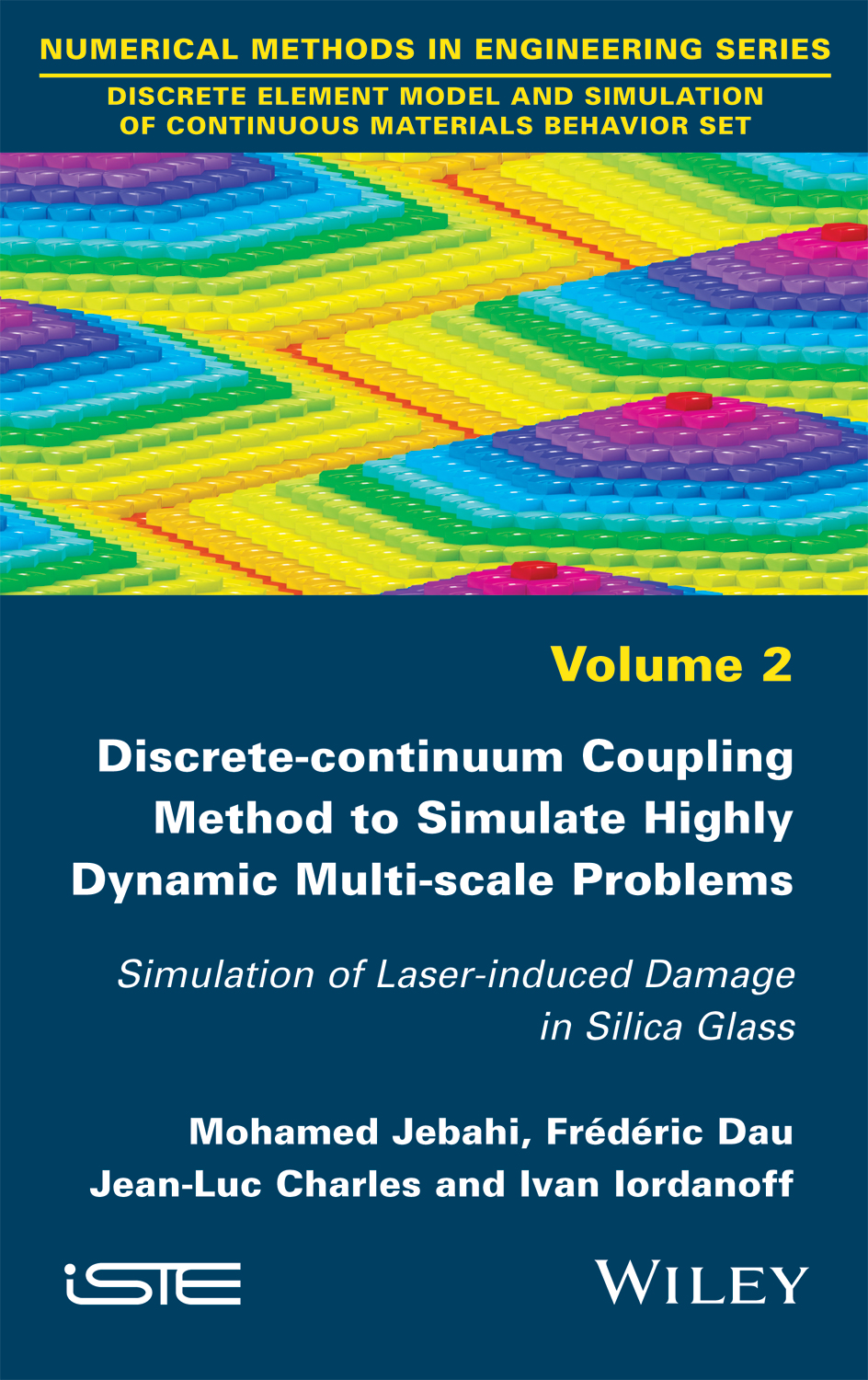
Complex behavior models (plasticity, crack, visco-elascticity) are facing several theoretical difficulties in determining the behavior law at the continuous (macroscopic) scale. When homogenization fails to give the right behavior law, a solution is to simulate the material at a mesoscale using the discrete element model (DEM) in order to directly simulate a set of discrete […]
Complex behavior models (plasticity, crack, visco-elascticity) are facing several theoretical difficulties in determining the behavior law at the continuous (macroscopic) scale. When homogenization fails to give the right behavior law, a solution is to simulate the material at a mesoscale using the discrete element model (DEM) in order to directly simulate a set of discrete properties that are responsible for the macroscopic behavior. Originally, the discrete element model was developed for granular material.
This book, the second in the Discrete Element Model and Simulation of Continuous Materials Behavior set of books, shows how to choose the adequate coupling parameters to avoid spurious wave reflection and to allow the passage of all the dynamic information both from the fine to the coarse model and vice versa. The authors demonstrate the coupling method to simulate a highly nonlinear dynamical problem: the laser shock processing of silica glass
